So finally Pat Dunn is gone. Completely, immediately. This is definitely better than the lame half-steps the board originally took, keeping her as Chairman for 4 more months, and as Board member even longer.
Too bad she (they) waited long enough to get her inducted in the Bay Area Business Hall of Fame Shame. How pathetic. But wait, there is more. ZDnet reports that HP is the “sole corporate sponsor of the Privacy Innovation Awards that are going to be handed out next month at a gala event in Toronto.”
“Insert your own punch line: Hewlett-Packard Co., the Palo Alto-based technology company facing federal and state investigations over spying on board members and journalists, is cosponsor of an award for “privacy innovation.”
Lovely. I guess in HP-speak Spying=”Privacy Innovation”. Talk about HP in the post-Dunn period, I still maintain what I said before we knew that Mark Hurd may be involved, too:
“Mark Hurd will be the new Chairman while keeping his CEO position. He may be the savior of HP and untainted by the current scandal, but the separation of CEO and Chairman roles is a fundamental principle of good Corporate Governance.”
Messr. Hewlett and Packard are still turning in their graves.
Related posts:
- Dunn done is just the start for cleanup at HP
- HP’s CEO: “I will thoroughly investigate myself…”
- New Role Raises Eyebrows
- HP – Ding Dong, Dunn is Gone
Tags: HP, HP+Scandal, HP+Board, HPGate, Dunngate, Patriciagate, corporate+governence, business+ethics, Hall+of+fame, Hall+of+Shame, Privacy+Innovation+Award, privacy

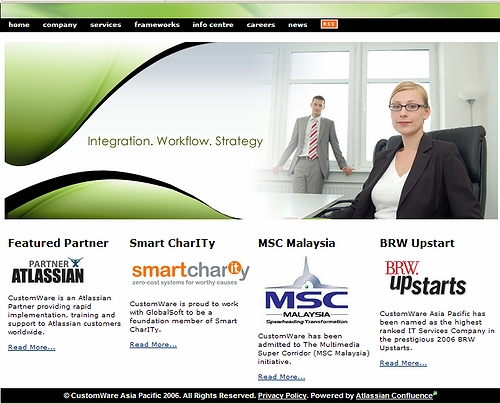
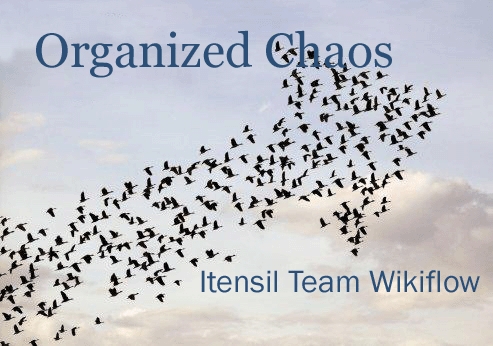
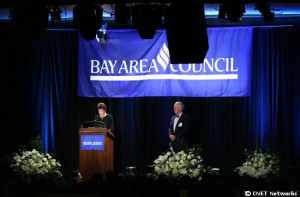
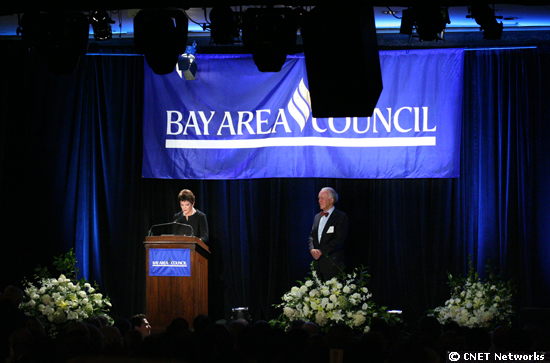


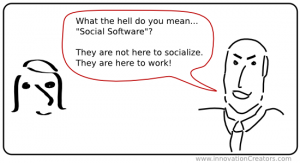
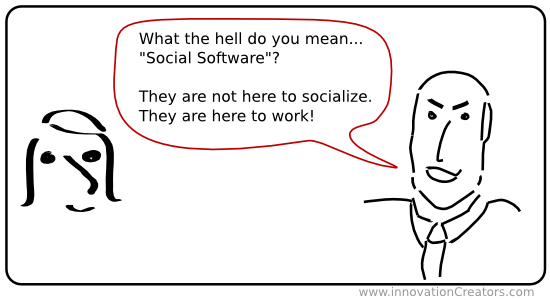


Recent Comments